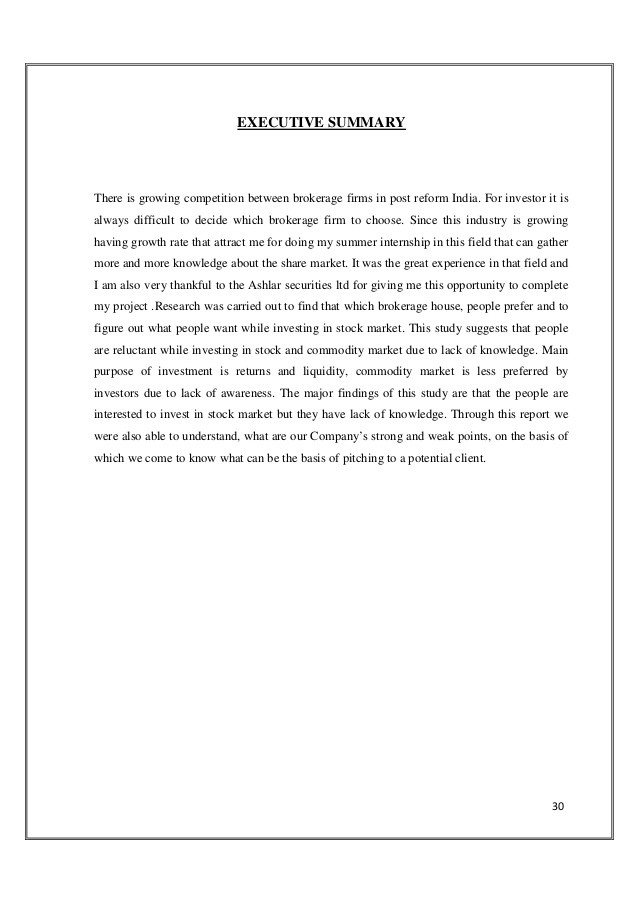How to Choose a Stock Brokerage Firm
Post on: 7 Июнь, 2015 No Comment

How to Choose a Stock Brokerage Firm
At the Motley Fool Singapore, we are glad when our readers take the time and effort to learn more about investing in the stock market and progress on their own investment journey.
Lately, we had a reader who sent in a question regarding the ideal place to start a brokerage account after reading through our How-to Guides .
For starters, I will list out the commission charges for the more popular trading platforms and the stock holding platforms. This list is by no means exhaustive and regular updates need to be done from time to time to keep up with the ever-changing environment.
Note: Updated as of 18 March 2014
Other than the brokerage/commission rates listed above, there are additional charges applicable to almost all stock brokerages:
1. SGX Trading Fees (Contract Value x 0.0075%)
2. CDP Clearing Fees (Contract Value x 0.04%)
3. GST ((Brokerage + Trading Fees + Clearing Fees) x prevailing GST rate)
Pre-funded accounts
Pre-funded accounts are trading accounts by which you have to deposit your money into the account before-hand and any transactions would automatically be debited or credited back to the same account. This is different from the usual “T+3” settlement system where you only need to make all relevant payments for any executed trade 3 days after the trade was made.
Currently, only three stock brokerages offer lower rates with pre-funded accounts. To me, pre-funded accounts can present you with an opportunity to kill two birds with one stone since you can allocate a certain percentage of your salary into the pre-funded account to keep you on track for regular investments in addition to earning discounts on commission rates.
Other considerations
As you can see from the table above, the online fees are more or less comparable for the various stock brokerages, except for Standard Chartered which offers no minimum commissions. With stock market investing, small differences in brokerage fees can potentially sum up to huge cost savings especially if you’re a new investor or someone who practices dollar cost averaging and can only buy in small lots each time.
Do note however that while Standard Chartered’s rates seem more attractive, your stock holdings are held in custodian accounts with Standard Chartered, meaning that it is not backed by the Central Depository (CDP).

Meanwhile, here are also some other pointers you might consider in relation to choosing a brokerage account:
1. Loyalty Program Lim and Tan Securities offers NTUC Linkpoints for every trade made and have an on-going promotion for existing clients who refers new customers to the firm. NTUC Fairprice vouchers anyone?
2. Trading Platform Some established players like Kim Eng and Phillip Securities offer access to trading platforms with more bells-and-whistles such as multiple view of live prices, charting tools etc. Ease of use of the trading platform is also one factor you as an investor should consider.
Conclusion
Choosing a brokerage account is rather similar to picking stocks as you probably have to stick with them over the long run because the switching of accounts could lead to high switching-related charges and fees.
Nevertheless, if you’ve just started out investing, it is advisable to open several stock brokerage accounts and decide which would best fit your needs. It is important that you are comfortable trading in your preferred stock brokerage firm since the last thing you want is to dread investing due to the dislike of your trading platform.
Get FREE Issues of TAKE STOCK
Want to keep up with our investing thoughts as they develop? Don’t miss a beat! Just drop your email in the box below and we’ll keep you up to date.














